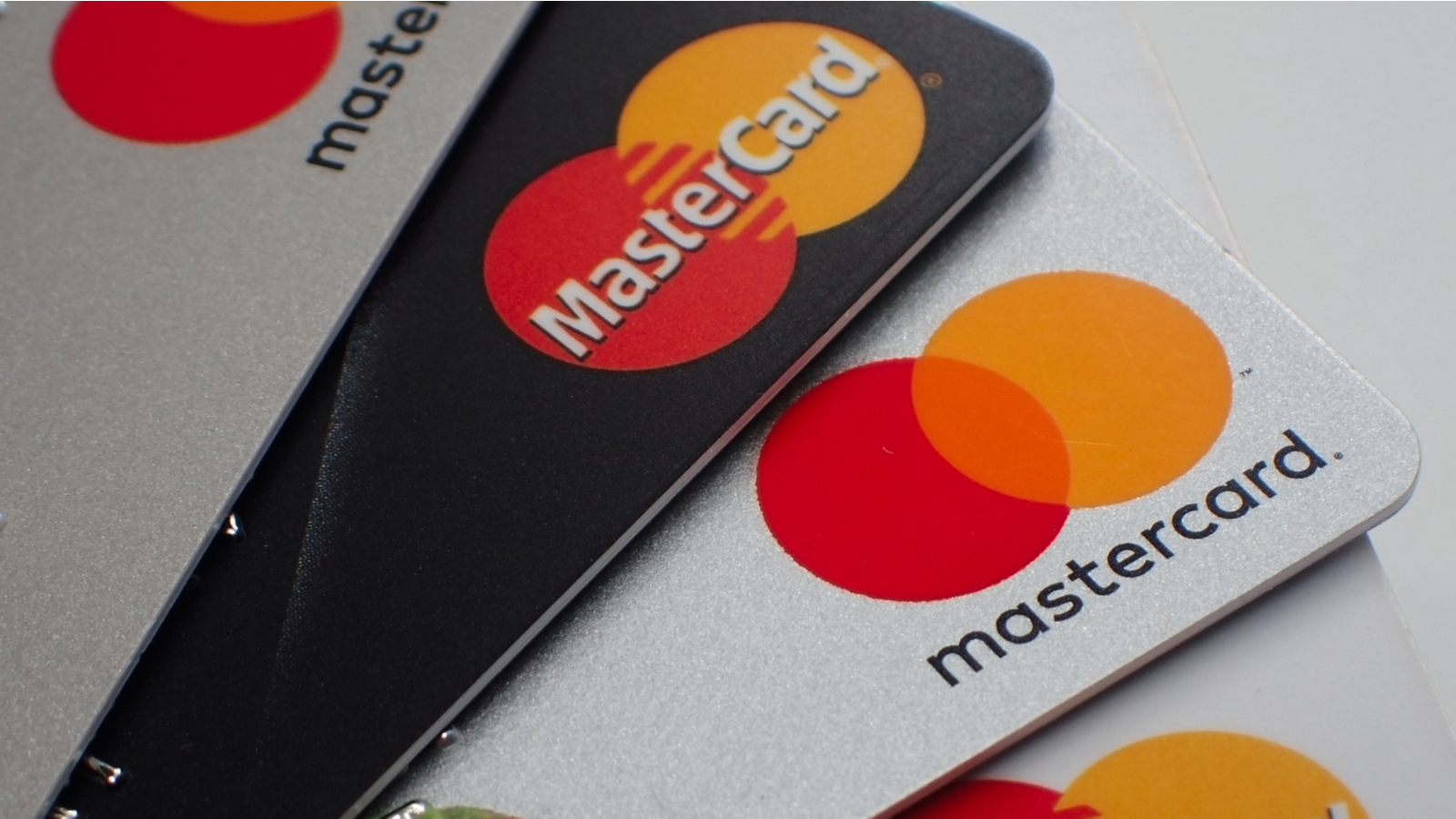
Consumer appetite for choice: Mastercard research shows emerging payments continue to grow in Saudi Arabia
A new global consumer study by Mastercard has assessed the current payment landscape across the Middle East, including the Kingdom of Saudi Arabia, to discover which new payment methods are growing. The Mastercard New Payments Index shows that the adoption of new payment technologies is rising and consumers are becoming more interested in emerging payments, such as wearables, biometrics, digital wallets, cryptocurrencies, QR codes, and BNPL (Buy Now Pay Later).
J.K. Khalil, Country Manager for Saudi Arabia, Bahrain & Levant, Mastercard said, “To advance the digital economy, it’s important to understand which new digital payments people are using, and what is motivating them to do so. The pandemic has led to several behavioral changes for both businesses and individuals, as a result, consumer appetite for new, fast, and flexible digital experiences is continuing to grow.”
The New Payments Index confirms that consumers are embracing new ways to pay. According to the research, 94% of consumers in Saudi Arabia will consider using at least one emerging payment method such as cryptocurrency, biometrics, contactless or QR code in the next year.
In addition, 53% of Saudi consumers said they would consider using a payment plan, and we are witnessing emerging technologies such as Buy Now Pay Later (BNPL) being rolled out in the region. This is yet another example of a new type of payment which is experiencing an accelerated growth. Offering flexible and agile payment solutions for shoppers, and revenue growth for businesses, BNPL is proving attractive to young, affluent, consumers who have significant disposable incomes - but still want interest-free instalments on their online purchases.
Khalil noted that a wider range of payment solutions and products is needed to meet the accelerating enthusiasm for the future state of pay. “New payment technologies are trending as
consumers become more open to change and realize that innovative payment options are possible and available. In essence, people today expect convenience, choice, and flexibility, and it is up to businesses to respond to this demand. The future lies in omni-channel experiences, especially as speed and security begin to play a crucial role in meeting consumer needs and providing a seamless payment experience.”
The study also revealed that three out of four (75%) of Saudi shoppers would be more loyal to retailers who offer multiple payment options, and a similar proportion (76%) stated they would be more excited to shop at retailers who offer the latest payment methods. Furthermore, 77% of respondents said they prefer to shop at businesses that have both an in-person and online presence, and seven in ten (70%) even said they would avoid businesses that do not accept electronic payments.
The growth of contactless can also be accredited to its increased availability, with 92% of consumers in Saudi Arabia citing access to more ways to pay as their incentive for shifting to digital. And there are further factors at play: 73% of respondents said that digital payments helped them save money, so its not only about convenience.
The New Payments Index also showed that consumers are displaying an increased interest in using cryptocurrency for everyday purchases, and not just for investment purposes. 56% of consumers in the Kingdom say they plan to use crypto in the next year, with more than half (69%) noting they are more open to using it than they were a year ago. Moreover, 59% of Saudi’s are expecting to use QR codes in the next year and 50% also plan to use biometric verification methods like gait or walk assessments and fingerprint authorization. In fact, nearly 7 in 10 people (69%) feel safer using biometrics to verify a purchase than entering a PIN. Digital wallets and money transfers have surged in popularity as well, with 66% of respondents highlighting that they would use digital wallets and 68% saying they would use digital money transfer services.
Khalil concluded that choice is key to advancing the digital economy. “Mastercard works closely with its partners to deliver new, secure, and diverse payment technologies. We have recently introduced a range of innovative payment methods, including Tap-on-Phone with Geidea, which we believe has the potential to reach over 300,000 SMEs in the first year alone. In addition, we also introduced ‘sarie’, Saudi Arabia’s first real-time payments system, which is aligned with Saudi Vision 2030’s aim of achieving 70% non-cash transactions by 2030. Last year we also partnered with Spotii to launch BNPL in the Kingdom, which not only offers millions of shoppers flexible installment payment options with zero additional cost or hidden fees, but also supports the region’s eCommerce ecosystem by providing a consumer-friendly product that helps merchants grow a loyal customer base.”
Digital payments grew during the height of the pandemic due to social distancing protocols, lockdowns, and store closures. This encouraged consumers to shift online and retailers to explore eCommerce options as they moved their businesses into the digital marketplace. Nearly 89% of in-person transactions in the Kingdom are now contactless - and as a result contactless adoption is projected to increase.
The Mastercard New Payments Index was conducted by The Harris Poll and Mastercard Global Foresights, Insights and Analytics. Research was conducted in February and March 2021 in 18 countries and four regions worldwide, including the MENA and Saudi Arabia.








